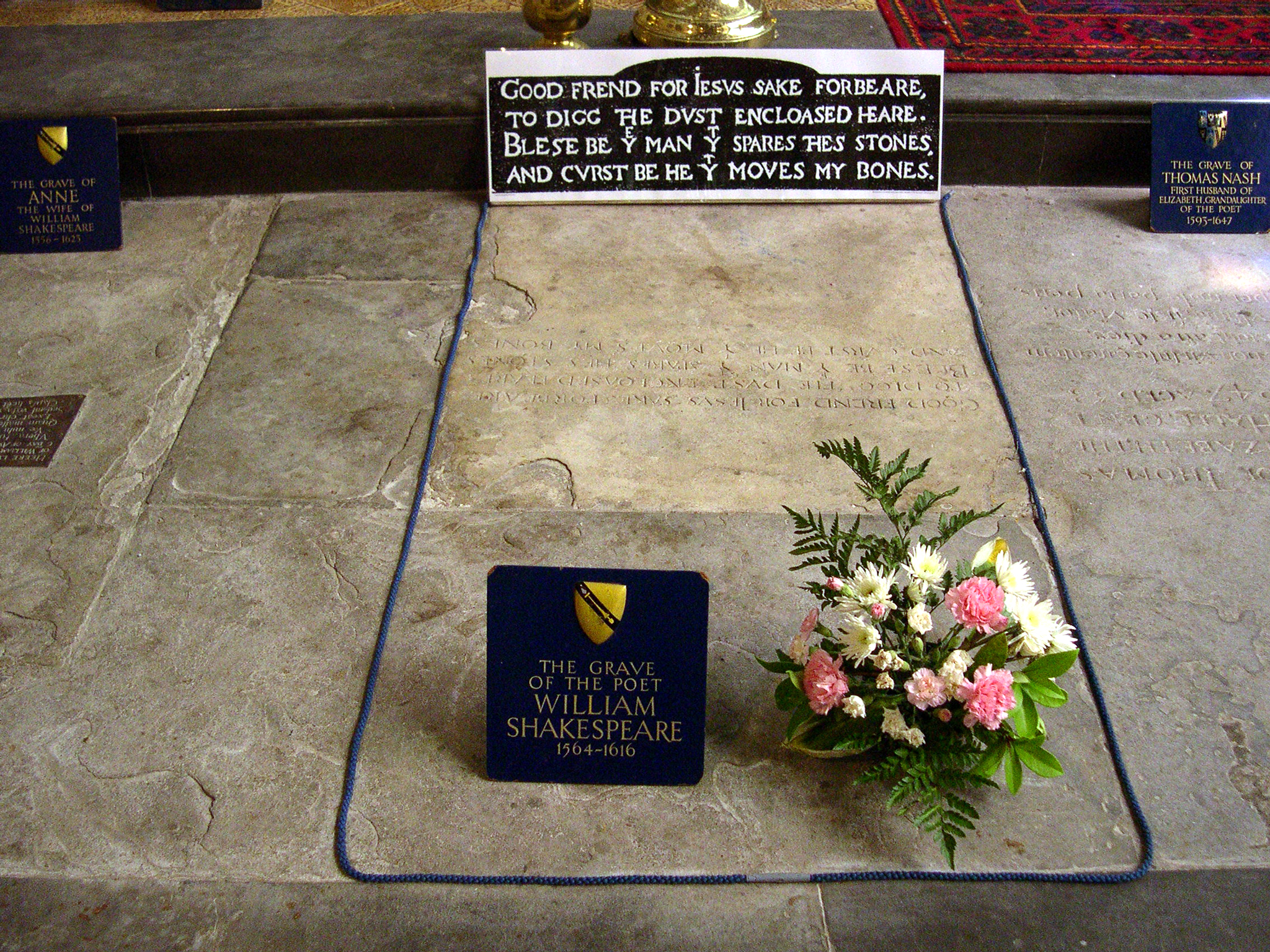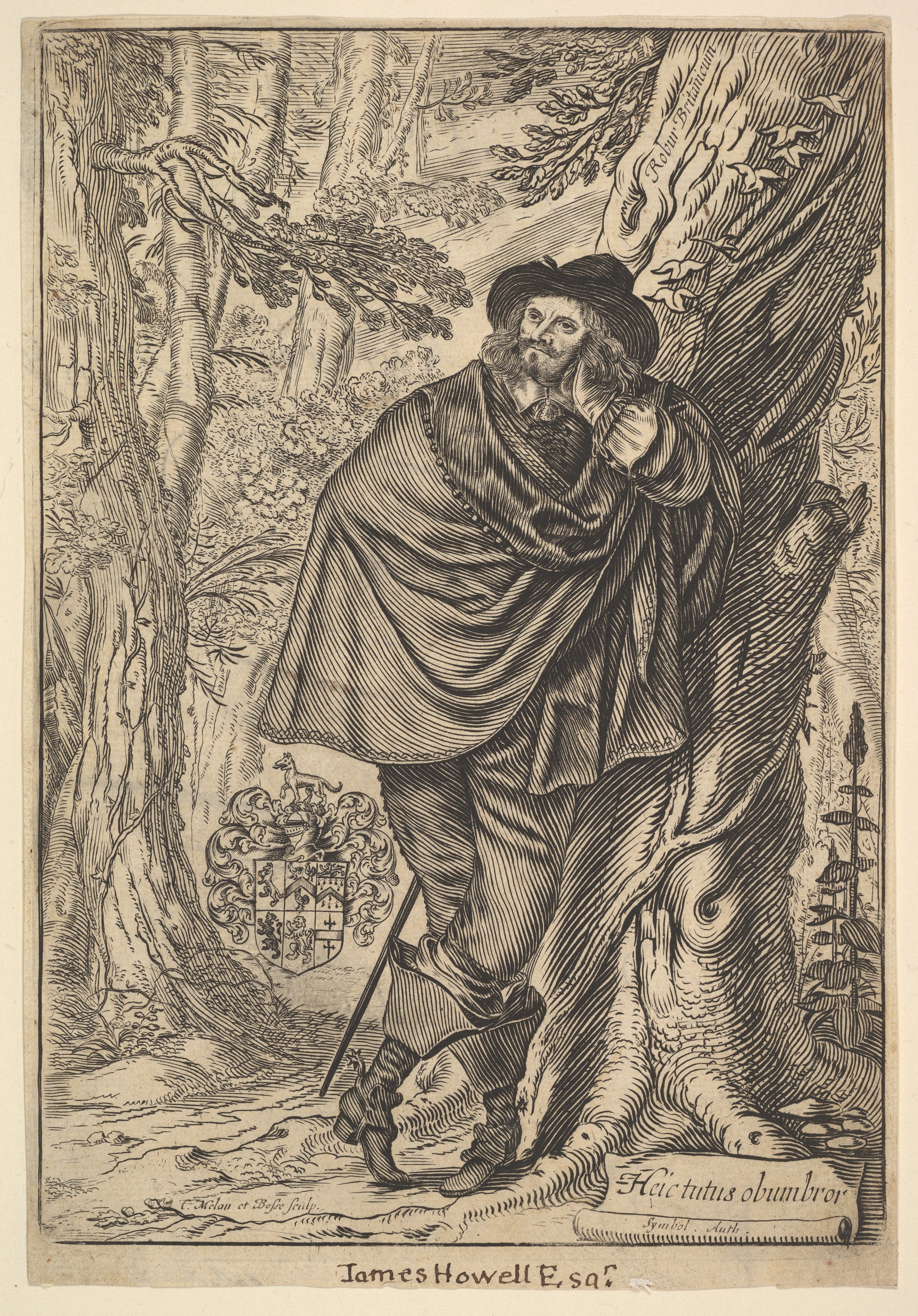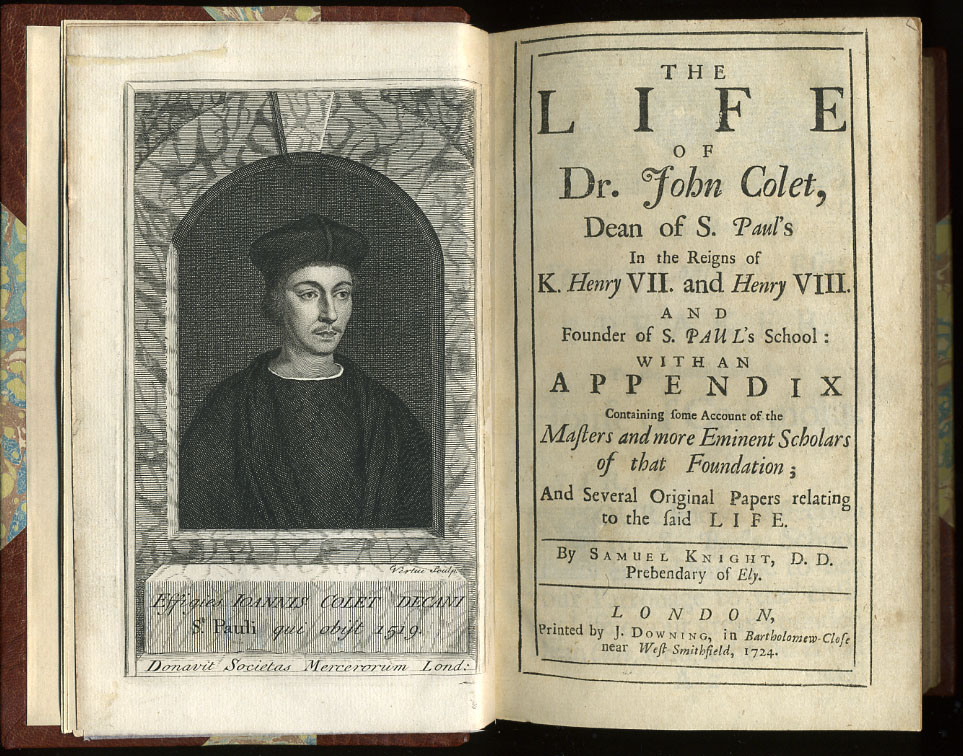|
English Spelling Reform
For centuries, there have been movements to reform the spelling of the English language. Such spelling reform seeks to change English orthography so that it is more consistent, matches pronunciation better, and follows the alphabetic principle. Common motives for spelling reform include making learning quicker, making learning cheaper, and making English more useful as an international auxiliary language. Reform proposals vary in terms of the depth of the linguistic changes and by their implementations. In terms of writing systems, most spelling reform proposals are moderate; they use the traditional English alphabet, try to maintain the familiar shapes of words, and try to maintain common conventions (such as silent e). More radical proposals involve adding or removing letters or symbols or even creating new alphabets. Some reformers prefer a gradual change implemented in stages, while others favor an immediate and total reform for all. Some spelling reform proposals have be ... [...More Info...] [...Related Items...] OR: [Wikipedia] [Google] [Baidu] |
Spelling Reform
A spelling reform is a deliberate, often authoritatively sanctioned or mandated change to spelling rules. Proposals for such reform are fairly common, and over the years, many languages have undergone such reforms. Recent high-profile examples are the German orthography reform of 1996 and the on-off Portuguese spelling reform of 1990, which is still being ratified. There are various goals which may drive such reforms: facilitating literacy and international communication, making etymology clearer, or for aesthetic or political reasons. Opposition is often based upon concern that old literature will become inaccessible, the presumed suppression of regional accents, the need to learn the new spellings, making etymology less clear, or simple conservatism based on concern over unforeseen effects. Reforms which mainly eliminate needless difficulties ought to take account of such arguments. Reform efforts are further hampered by habit and, for many languages, a lack of a central a ... [...More Info...] [...Related Items...] OR: [Wikipedia] [Google] [Baidu] |
King Henry VIII
Henry VIII (28 June 149128 January 1547) was King of England from 22 April 1509 until his death in 1547. Henry is known for his six marriages and his efforts to have his first marriage (to Catherine of Aragon) annulled. His disagreement with Pope Clement VII about such an annulment led Henry to initiate the English Reformation, separating the Church of England from papal authority. He appointed himself Supreme Head of the Church of England and dissolved convents and monasteries, for which he was excommunicated by the pope. Born in Greenwich, Henry brought radical changes to the Constitution of England, expanding royal power and ushering in the theory of the divine right of kings in opposition to papal supremacy. He frequently used charges of treason and heresy to quell dissent, and those accused were often executed without a formal trial using bills of attainder. He achieved many of his political aims through his chief ministers, some of whom were banished or execut ... [...More Info...] [...Related Items...] OR: [Wikipedia] [Google] [Baidu] |
Latin Literature
Latin literature includes the essays, histories, poems, plays, and other writings written in the Latin language. The beginning of formal Latin literature dates to 240 BC, when the first stage play in Latin was performed in Rome. Latin literature flourished for the next six centuries. The classical era of Latin literature can be roughly divided into several periods: #Early Latin literature, Early Latin literature, #The Golden Age, The Golden Age, #The Imperial Period, The Imperial Period and Latin literature#Latin in the Middle Ages, Renaissance, and Early Modernity, Late Antiquity. Latin was the language of the ancient Romans as well as being the ''lingua franca'' of Western and Central Europe throughout the Middle Ages. Latin literature features the work of Roman authors, such as Cicero, Virgil, Ovid and Horace, but also includes the work of European writers after the fall of the Empire; from religious writers like Thomas Aquinas, Aquinas (1225–1274), to secular writers like ... [...More Info...] [...Related Items...] OR: [Wikipedia] [Google] [Baidu] |
Ancient Greek Literature
Ancient Greek literature is literature written in the Ancient Greek language from the earliest texts until the time of the Byzantine Empire. The earliest surviving works of ancient Greek literature, dating back to the early Archaic period, are the two epic poems the ''Iliad'' and the ''Odyssey'', set in an idealized archaic past today identified as having some relation to the Mycenaean era. These two epics, along with the '' Homeric Hymns'' and the two poems of Hesiod, the ''Theogony'' and '' Works and Days'', constituted the major foundations of the Greek literary tradition that would continue into the Classical, Hellenistic, and Roman periods. The lyric poets Sappho, Alcaeus, and Pindar were highly influential during the early development of the Greek poetic tradition. Aeschylus is the earliest Greek tragic playwright for whom any plays have survived complete. Sophocles is famous for his tragedies about Oedipus, particularly '' Oedipus the King'' and '' Antigone''. Eu ... [...More Info...] [...Related Items...] OR: [Wikipedia] [Google] [Baidu] |
James Howell
James Howell ( – ) was a Welsh writer and historian. The son of a Welsh clergyman, he was for much of his life in the shadow of his elder brother Thomas Howell (bishop), Thomas Howell, who became Lord Bishop of Bristol. Education In 1613 he gained his B.A. from Jesus College, Oxford – he was to be elected to a Oxbridge Fellow, fellowship at Jesus College in 1623, but he was never formally admitted and his place was taken by another in 1626. Until he was 13, he was schooled in Hereford. He went to Oxford at the age of 19. Career After graduation, he had a variety of employments, as an administrator for a glass manufacturer, and in the often combined roles of secretary and instructor to several noble families. As factory agent and negotiator he traveled widely in Europe and learned to speak several languages, apparently with great facility. He also met and befriended numerous literary figures, among them Ben Jonson and Kenelm Digby. Paramount amongst his priorities was h ... [...More Info...] [...Related Items...] OR: [Wikipedia] [Google] [Baidu] |
Wootton St Lawrence
Wootton St Lawrence is a small village in the civil parish of Wootton St Lawrence with Ramsdell, in Hampshire, England, west of Basingstoke. The name is derived from the Old English ''wudu tun'' meaning woodland settlement or farm. History The manor of Wootton (see Manydown) was a possession of the Winchester Cathedral Priory, prior and convent of St. Swithun from the time of the Domesday Book until the dissolution of the monasteries. The Dean and Chapter of Winchester sold the manor to William Wither in 1649. However, the manor was reclaimed by the church after the Restoration (England), restoration and the family received no compensation. The manor returned to the family after the purchase by the Reverend Lovelace Bigg-Wither in 1863, but he sold it to the Bates family 10 years later. Wootton oak timber was used to reconstruct Winchester Cathedral nave c. 1390 by William of Wykeham. Governance Wootton St Lawrence is in the Civil parishes in England, civil parish of Wootton S ... [...More Info...] [...Related Items...] OR: [Wikipedia] [Google] [Baidu] |
Charles Butler (beekeeper)
Charles Butler (1571 – 29 March 1647), sometimes called the ''Father of English Beekeeping'', was a logician, grammarian, author, priest (Vicar of Wootton St Lawrence, near Basingstoke, England), and an influential beekeeper. He was also an early proponent of English spelling reform. He observed that bees produce wax combs from scales of wax produced in their own bodies; and he was among the first to assert that drones are male and the queen female, though he believed worker bees lay eggs. Biography Butler was born into a poor family in Buckinghamshire, South East England, but became a boy chorister at Magdalen College, Oxford at the age of eight. At the age of ten, he matriculated, taking his BA in 1584 and his MA in 1587. In 1593, Butler became Rector of Nately Scures in Hampshire in 1593 and in 1595 became also Master at the Holy Ghost School, Basingstoke. He resigned to accept an incumbency at Wootton St Lawrence in 1600 and served that rural post until his death on 29 ... [...More Info...] [...Related Items...] OR: [Wikipedia] [Google] [Baidu] |
St Paul's School (London)
St Paul's School is a Selective school, selective Private schools in the United Kingdom, independent day school (with limited boarding school, boarding) for boys aged 13–18, founded in 1509 by John Colet and located on a 43-acre site by River Thames, the Thames in London. St Paul's was one of nine English Public school (United Kingdom), public schools investigated by the Clarendon Commission, which subsequently became known as the Clarendon Commission, Clarendon schools. However, the school successfully argued that it was a private school and consequently was omitted from the Public Schools Act 1868, as was Merchant Taylors' School, Northwood, Merchant Taylors', the other day school within the scope of George Villiers, 4th Earl of Clarendon, Lord Clarendon's terms of reference. Since 1881, St Paul's has had its own Preparatory school (UK), preparatory school, St Paul's Juniors (formerly St Paul's Juniors, Colet Court), which since 1968 has been located on the same site. The ... [...More Info...] [...Related Items...] OR: [Wikipedia] [Google] [Baidu] |
Alexander Gill The Elder
Alexander Gill the Elder (7 February 1565 – 17 November 1635), also spelled Gil, was an English scholar, spelling reformer, and high-master of St Paul's School, where his pupils included John Milton. He was the author of an English grammar, which was written, however, in Latin. Life He was born in Lincolnshire 7 February 1565, admitted as a scholar of Corpus Christi College, Oxford, in September 1583, and earned a B.A. in 1586 and an M.A. in 1589. Wood believed that he was a schoolmaster in Norwich, where he was living in 1597. On 10 March 1607-8 he was appointed high-master of St. Paul's School, succeeding Richard Mulcaster. Milton was among his pupils from 1620 to 1625. entry "GILL, ALEXANDER, the elder" He had two sons, George and Alexander (b. 1597), and a daughter, Annah. George Gill would eventually become ordained. In 1628, his son Alexander was overheard drinking to the health of John Felton, who had stabbed George Villiers, 1st Duke of Buckingham. Buckingham was a ... [...More Info...] [...Related Items...] OR: [Wikipedia] [Google] [Baidu] |
William Bullokar
William Bullokar was a 16th-century Printer (publisher), printer who devised a 40-letter Phonetic transcription, phonetic alphabet for the English language. Its characters were presented in the Blackletter, black-letter or "gothic" writing style commonly used at the time and also in Roman type. Taking as his model a Latin grammar by William Lily (grammarian), William Lily, Bullokar wrote the first published grammar of the English language, in a book titled ''Brief Grammar for English'', which appeared in 1586. Works * ** scan: * ** facsimile edition: ** facsimile in Bullokar (1977) ** transcription at Plessow (1906)pp. 237-330* ** transcription at Plessow (1906)pp. 1-212* ** transcription at Plessow (1906)pp. 213-235* ** facsimile in Bullokar (1977) ** transcription at Plessow (1906)pp. 331-385* ** transcription at Plessow (1906)pp. 386-390 See also * History of English grammars * English-language spelling reform Bibliography * * References {{DEFAULTSORT: ... [...More Info...] [...Related Items...] OR: [Wikipedia] [Google] [Baidu] |
Chester Herald
Chester Herald of Arms in Ordinary is an officer of arms at the College of Arms in London. The office of Chester Herald dates from the 14th century, and it is reputed that the holder was herald to Edward the Black Prince. In the reign of King Richard II the officer was attached to the Principality of Chester, which was a perquisite of the then Prince of Wales. In the reign of King Henry VIII the title lapsed for a time but, since 1525, the office of Chester has been one of unbroken succession, as a herald in ordinary. The badge of office is taken from the arms of the Earl of Chester and in blazoned as ''A Garb ensigned of the Royal Crown Or''. The current Chester Herald of Arms is Dominic Ingram. Holders of the office See also * Heraldry * Officer of arms References Citations Bibliography * ''The College of Arms, Queen Victoria Street: being the sixteenth and final monograph of the London Survey Committee'', Walter H. Godfrey, assisted by Sir Anthony Wagner, with a c ... [...More Info...] [...Related Items...] OR: [Wikipedia] [Google] [Baidu] |
John Hart (spelling Reformer)
John Hart (died 1574) was an English educator, grammarian, spelling reformer and officer of arms. He is best known for proposing a reformed spelling system for English, which has been described as "the first truly phonological scheme" in the history of early English spelling. As an officer of arms, John Hart held the title of Chester Herald between 1567 and 1574. Spelling reform Hart is the author of three known works on grammar and spelling: an unpublished manuscript from 1551 titled ''The Opening of the Unreasonable Writing of Our Inglish Toung''; a printed pamphlet titled ''An Orthographie'', published in 1569; and a practical reading primer titled ''A Methode or Comfortable Beginning for All Unlearned'', published in 1570. In these works, he criticises the contemporary spelling practices of his day as chaotic and illogical, and argues for a radically reformed orthography on purely phonological principles. His goal was to introduce a spelling system with a one-to-one relation ... [...More Info...] [...Related Items...] OR: [Wikipedia] [Google] [Baidu] |





